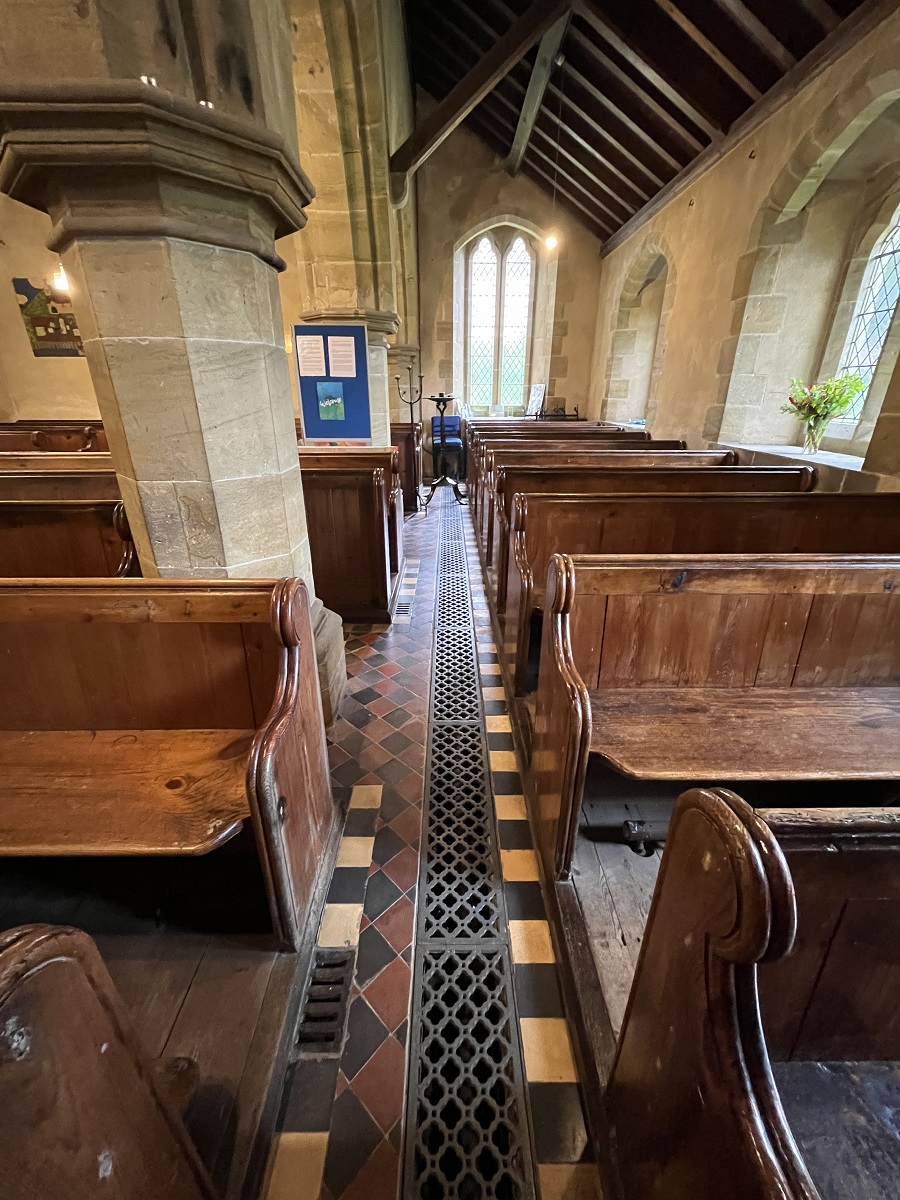
11 Sep Assisting a Historic Church with Inclusion
This week sees historic premises across the UK opening their doors and offering community events as part of the annual Heritage Open Days scheme.
Owners and managers of heritage venues are often aware of their obligations under the Equality Act but may be concerned about creating hearing access because of the impact an installation could have on their building.
But skilled AV engineers understand this, and with a range of assistive listening systems available, they can create a solution that offers inclusion without damaging key features.
Site visits are an essential part of the process, as seeing the venue tells them so much more than details on paper can. They can assess the spaces that need assistive listening systems. These are ideally where visitors and staff interact – ticket windows, till points in gift shops and cafes, coat and bag storage and meeting or learning spaces.

Invariably, venues will want a hearing loop or other technology to be ‘invisible’ and for an installer, that could require them to be aware of the colour of the skirting board, the thickness of mortar in the brickwork or the layout of flooring to decide how and where loop cable can be laid.
Engineers might also need to consult with an architect or the Listed Buildings officer at the local authority before the details of the job can be finalised.
Contacta’s installation of a hearing loop at St Catherine’s in West Sussex, parts of which were built in the 11th Century, is invisible thanks to their use of the heating ducts in the floor to provide a route between the pews for the cable. The driver which powers the loop was concealed behind the pulpit.
Radio frequency (RF) systems have even less impact on a building as both the transmitter and the receivers can be portable. There’s no need for wiring or for microphones to be installed. The system can also be used for tour-guiding, giving venues added value to their investment.
“Our volunteers and visitors find the RF system straightforward, and we were able to put it into use immediately. The sound quality is great, and we’ve already had positive feedback from visitors who’ve been delighted this is being offered to them.” Francesca Hollow, Director, Museum of East Dorset
History and accessibility can, and should, go together as everyone has a right to enjoy the heritage of their surroundings. Expert knowledge together with high-quality, adaptable products, are what make it possible.

 MADE IN THE UK: We’re proud to say our Contacta designed products are manufactured in the UK
MADE IN THE UK: We’re proud to say our Contacta designed products are manufactured in the UK